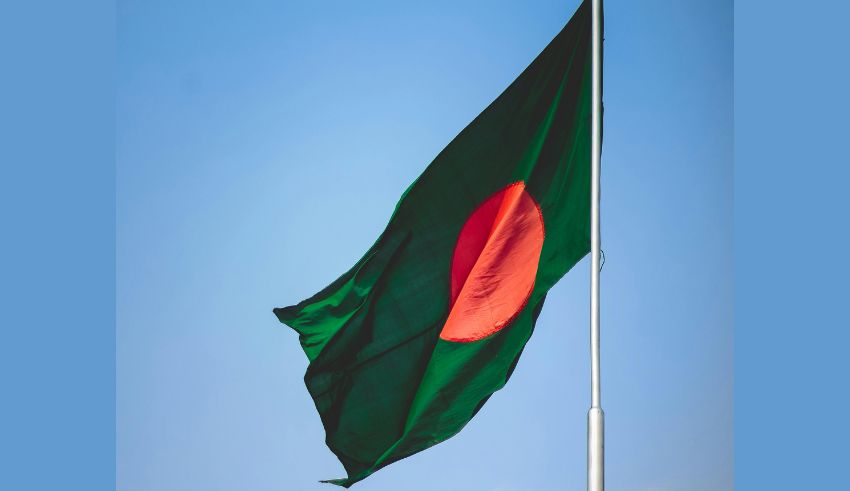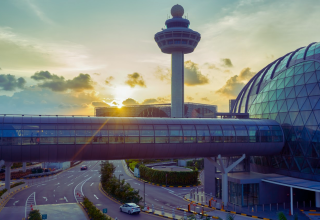
Originally a relatively small-scale protest among Bangladeshi students over government hiring policies, what started out as an apparently local political conflict quickly grew out of control. Driven by deep-seated annoyance with perceived unfairness in the employment market, the first demonstrations swiftly grew into a larger movement questioning Prime Minister Sheikh Hasina’s authority.
Unrest’s Timeline
Tragic death of life resulting from the demonstrations can be linked to a set of key events. University students started blockades and demonstrations on July 1 in demand of changes to the government job quota system. Widespread casualties and property damage resulted from the rapidly worsening scenario turning into violent confrontations between demonstrators and security agents. The government instituted a national curfew and sent troops to try to calm the disturbance, but the demonstrations continued. As opposition parties and civil society organizations joined the demonstrations seeking Prime Minister Hasina’s resignation, the crisis intensified. Globally politicians and human rights organizations have expressed worry about the violence and advocate of discussion and reconciliation in response to this increasing polarizing trend.
A Nation Splitted
The demonstrations have brought to light ingrained social and financial strains in Bangladesh. Representing a sizable share of the population, young people feel excluded and demoralized about the policies of the government. The situation has also underlined Prime Minister Hasina’s difficulties keeping stability and handling the mounting public unhappiness.
The function of social media
The developing crisis has been substantially aided by social media. Organizing demonstrations, disseminating information, and energizing support both home and abroad have all been greatly aided by websites including Facebook and Twitter. Further aggravating the demonstrators, the government has tried to shape the story by restricting online content and imposing internet shutdowns.
Financial Effects
Furthermore having major economic consequences is the continuous turbulence. Slowness in economic development has resulted from daily activities disrupted, infrastructure damage, and political unrest generating uncertainty. International investors are cautious, and continuous volatility raises questions about whether it would discourage next investment, therefore aggravating the economic problems of the nation.
Reaction from Other Countries
The reaction of the world community to the situation has been clear-cut. The violence has been denounced by the United Nations and several human rights groups, who also call on the Bangladeshi government to honor the rights of the demonstrators and start serious communication. Major powers and neighbors are also closely observing the situation since they understand that instability in Bangladesh can have wider regional consequences.
Ahead Looking
The future of Bangladesh rests precariously as the scenario develops. The government has to figure out how to defuse the violence, solve the fundamental reasons of the demonstrations, and rebuild confidence in democratic procedures. Ignoring this could have far-reaching effects on the country, maybe causing more economic downturn and extended instability.























